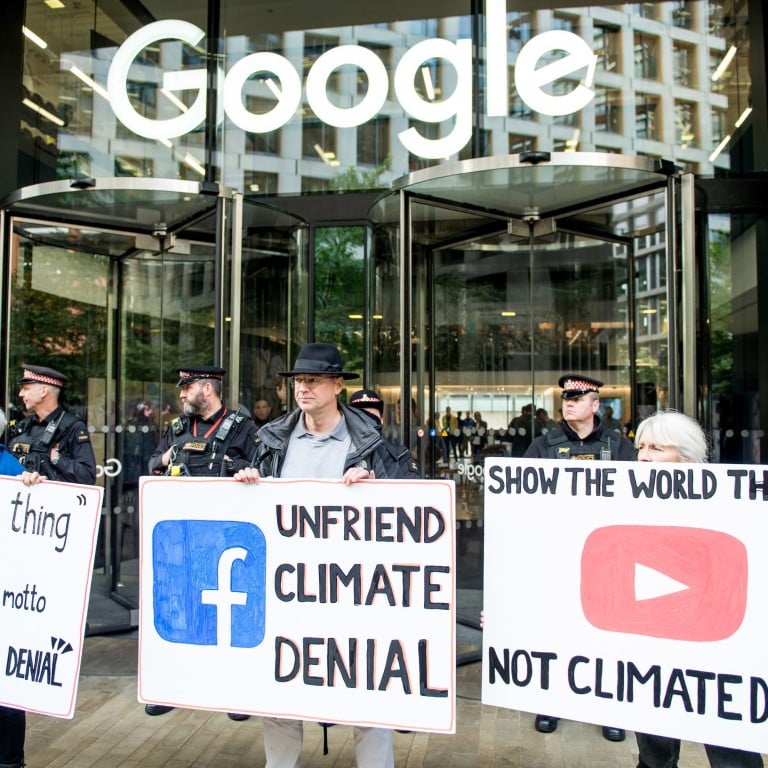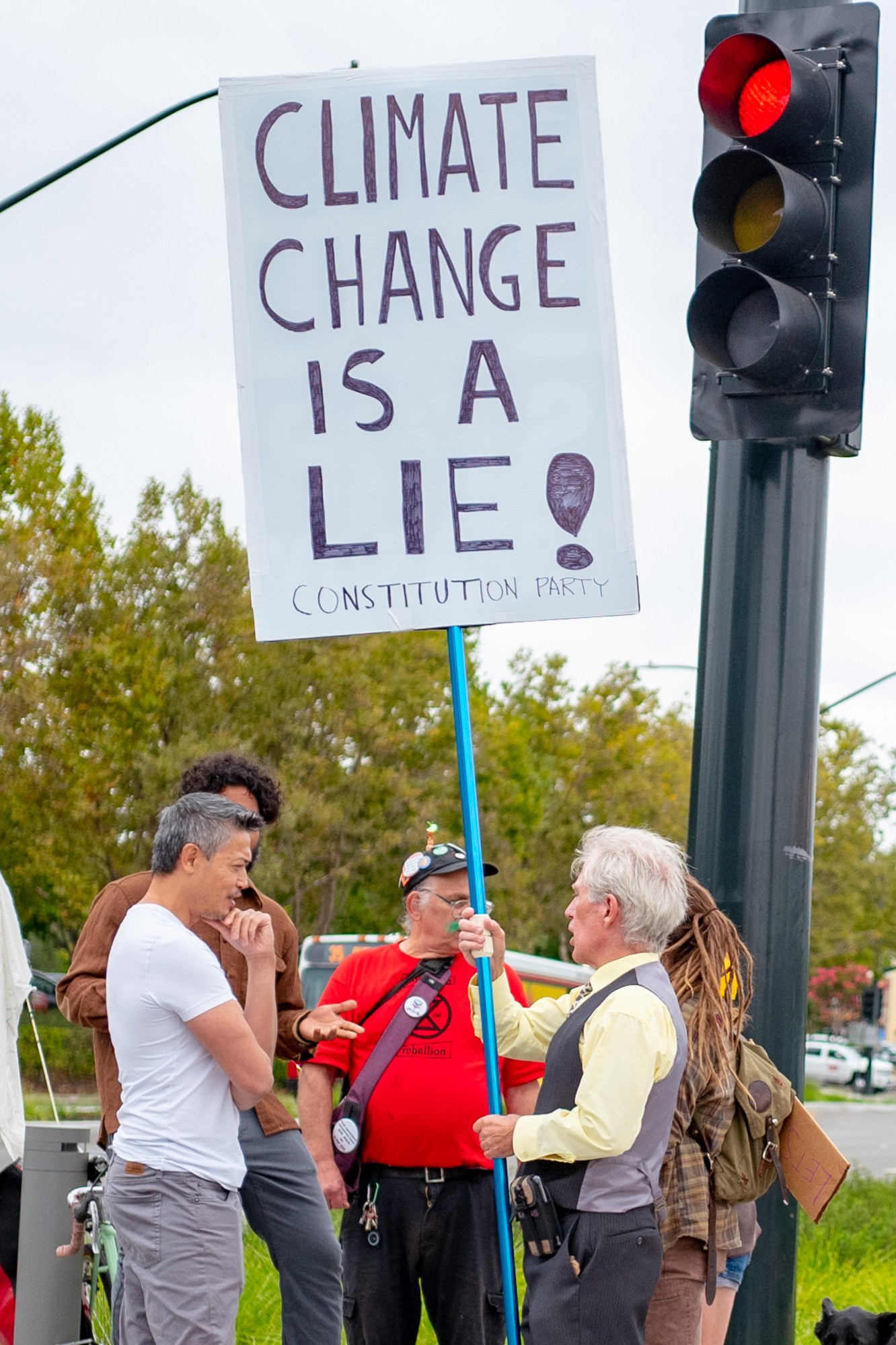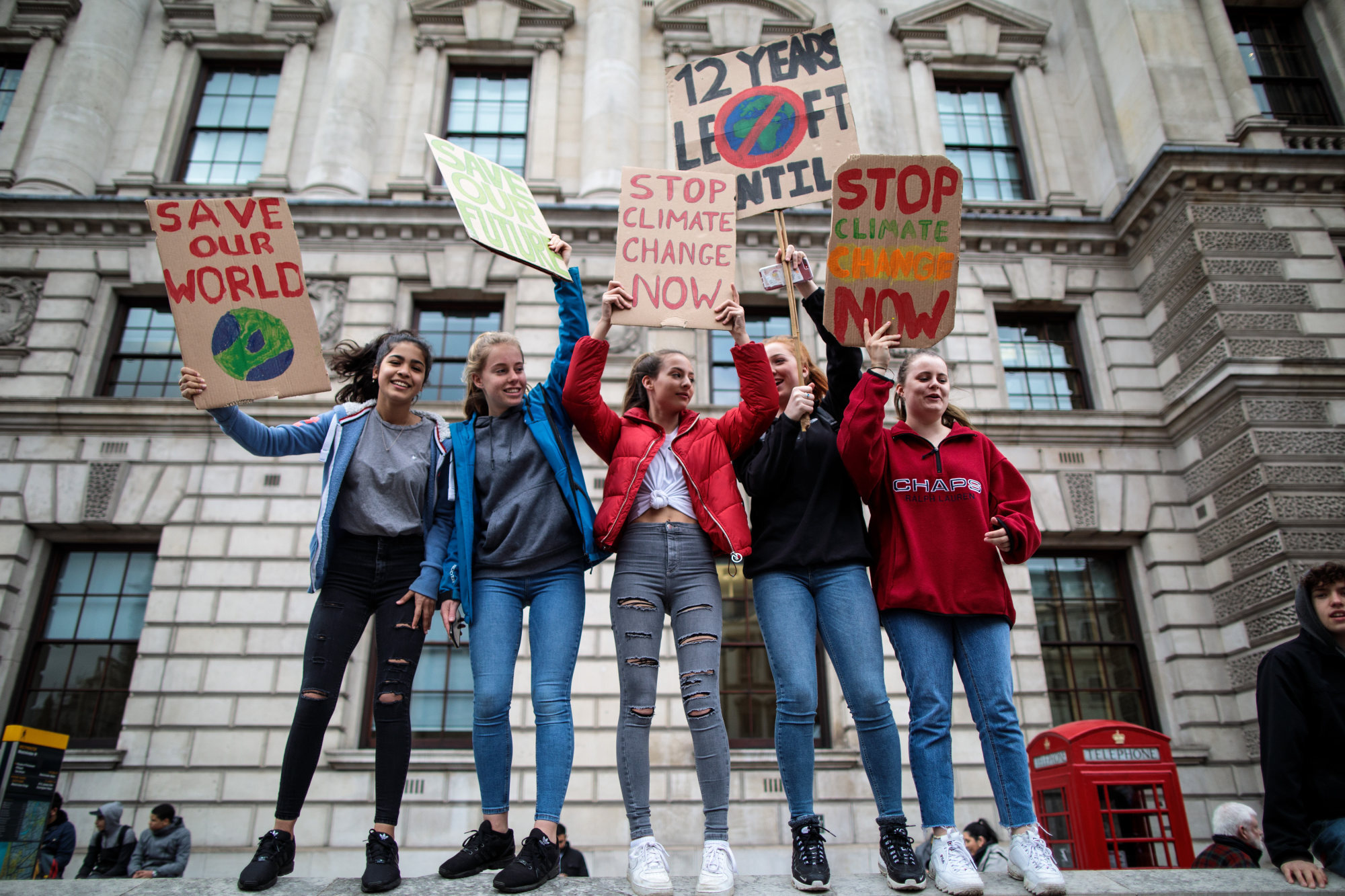
How climate change denial on YouTube, Facebook, Twitter and TikTok is not going away, with lies, hoaxes and conspiracy theories still rampant
- YouTube, Facebook, Twitter and TikTok have all made pledges to crack down on the spread of misinformation, but it’s still being promoted on all their platforms
- Social media posts and videos supporting climate change scepticism are prevalent, as well as missing warning labels and links to credible information
The climate is changing, but misinformation about it on the major social media platforms is not.

But, says Michael Mann, director of Penn State University’s Earth System Science Centre and author of The New Climate War, “it’s as bad as ever”.
How you can become a climate aware consumer
John Cook, a postdoctoral research fellow at the Climate Change Communication Research Hub at Monash University who advises Facebook, says the proliferation of climate misinformation on social media reflects the torrent of misinformation coming from a combination of science denial and scepticism about climate policy and renewable fuels and technologies.
“One element of climate misinformation that seems to be particularly prominent on social media is culture-war-type posts that attempt to paint people concerned about climate change as belonging to some separate social group intent on impinging on people’s freedoms,” Cook says.
“This is a particularly damaging form of misinformation as it exacerbates public polarisation on climate change, making progress more difficult.”

In May 2021, Advance Democracy found hundreds of thousands of posts on Twitter denying climate change. A week later, Twitter added a new climate topic to direct users to credible information on climate change.
“We recognise that more can be done on services like Twitter to elevate credible climate information, and we continue to evolve our approach,” Twitter spokesperson Elizabeth Busby said in a statement.
Internal documents provided to news organisations by whistle-blower Frances Haugen showed that Facebook is a primary source of climate information for users.
In May 2021, Facebook said it would expand informational labels on some Facebook posts about climate change in the US. The labelled posts would link to its Climate Science Centre.
Advance Democracy says 7,290 posts using climate change denial terms generated 800,760 interactions (meaning reactions, comments and shares) in 2021. Two of the most popular posts in the US in the second half of 2021 were not labelled.
“We combat climate change misinformation by connecting people to reliable information from leading organisations through our Climate Science Centre and work with a global network of independent fact checkers to review and rate content,” Facebook spokesman Kevin McAlister said in a statement.

“When they rate this content as false, we add a warning label and reduce its distribution so fewer people see it. We also take action against pages, groups and accounts that repeatedly share false claims about climate science.”
According to YouTube guidelines, when a viewer searches or watches videos “prone to misinformation”, an informational panel should appear with background information from independent third-party sources. YouTube also prohibits ads that promote climate change misinformation.
Advance Democracy says no information panels popped up on video searches for 10 key phrases associated with climate change denial but did turn up an ad from Amazon linking to books that deny the existence of climate change.
YouTube says it surfaces videos from authoritative sources in search results and puts informational panels under videos.

It also removed ads flagged in the Advance Democracy report for violating its policies on climate change denial.
On TikTok, videos using hashtags associated with climate change denial generated 1.53 million views. The videos were not labelled. TikTok’s guidelines do not specifically address climate change misinformation. TikTok said it removed the accounts and content that violated its policies.
